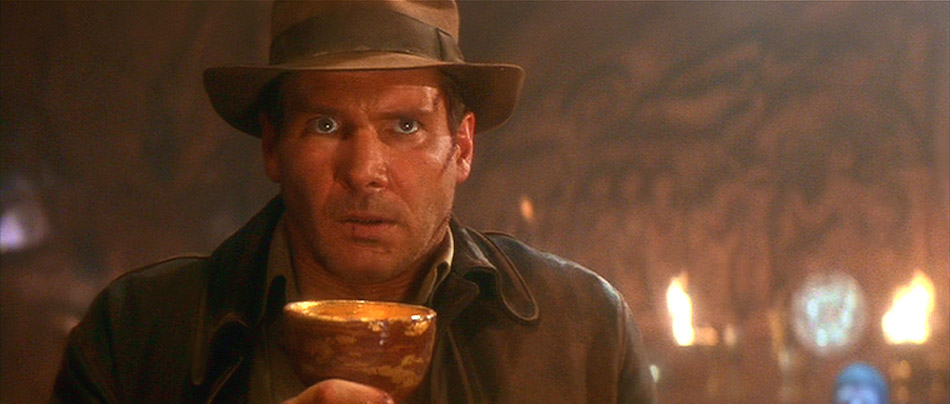Secure your place at the Digiday Publishing Summit in Vail, March 23-25

Google may be on the verge of cracking the code to that elusive grail of native advertising: doing it at massive scale. The search giant is said to be running a small test with publishers of a widget that would include links to content and ads.
In so doing, Google could pose a considerable threat to widgets like Outbrain and Taboola that already live on hundreds of publishers’ sites under banners like “Promoted Stories” and “From the Web.”
Such content-recommendation engines have had their issues. They’ve been blasted for surfacing content that’s low quality or incongruent with the host site, and peddling misleading ads that can undermine readers’ trust. That has in turn driven the emergence of an alternate content exchanges that are ad-free and profess to only circulate premium content.
What’s more, publishers expose themselves to risks by putting such third-party plug-ins on their site, as Reuters learned last week when its Taboola widget was hacked.
But publishers continue to use them because they’re also an easy way for them to recycle their content with the goal of keeping people on their site longer. It’s easy money, too: Publishers get paid each time someone clicks on an external content or ad link in the widget.
For Google, the opportunity seems clear. Publishers need to make their websites work harder, especially as online CPMs decline and readers shift to the smaller mobile screen and increasingly come to websites through side doors, behavior that is associated with lower engagement. There’s a big land grab underway by ad tech companies that are trying to marry native advertising and scale.
But Google already has longstanding relationships with publishers through AdSense, and a content recommendation powered by Google’s extensive data and analytics would be a natural way for the search behemoth to expand its grip on publishers’ sites. (Google declined to comment for this story.)
“They have a huge amount of history,” said Rebecca Lieb, analyst at Altimeter. “They can slice and dice it a lot of ways.”
Not only that, Google is good at rooting out bad links and has its own content, on YouTube, that it could push out through a widget, speculated Steve Rubel, chief content strategist at Edelman. “Think about the retargeting options. A content-recommendation-slash-native-advertising offer would be low-hanging fruit for Google.”
A content exchange widget would fit squarely in Google’s efforts to get into other aspects of the digital business and expand its presence on publishers’ sites. It’s reportedly already developing a content management system for media companies. If Google can come up with a better way to surface content that solves the problems of existing link exchange plug-ins, it could have a win.
Still, Google’s success isn’t assured. It would have to offer publishers a better deal than they’re getting from other third parties. And, nobody wants to be too dependent on any one vendor. Many publishers already have multi-year agreements with Outbrain, for one, and might be reluctant to add another widget to their already-crowded sites.
“Publishers,” said Rubel, “don’t want all their eggs in one basket.”
More in Media

Media Briefing: As AI search grows, a cottage industry of GEO vendors is booming
A wave of new GEO vendors promises improving visibility in AI-generated search, though some question how effective the services really are.

‘Not a big part of the work’: Meta’s LLM bet has yet to touch its core ads business
Meta knows LLMs could transform its ads business. Getting there is another matter.

How creator talent agencies are evolving into multi-platform operators
The legacy agency model is being re-built from the ground up to better serve the maturing creator economy – here’s what that looks like.





